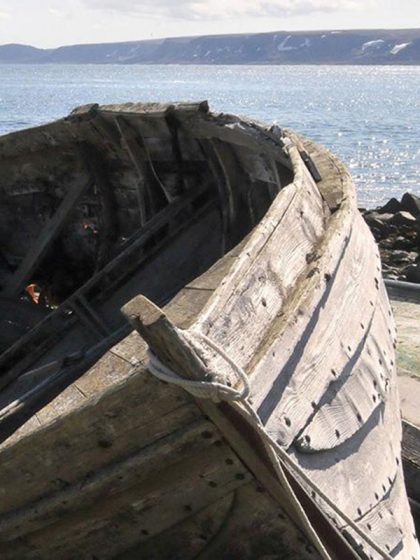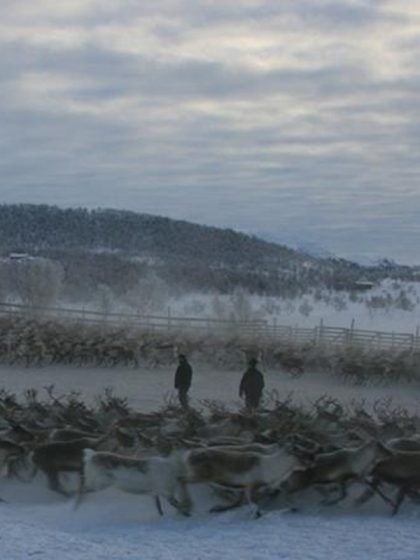A summer in Mongolia is a distant thought for many. 1st of July, two of NIKUs researchers will travel to Mongolia to study cooperation among nomadic herders.

High North
We conduct research and deliver impact assessments on cultural heritage sites and landscapes, communities and indigenous populations in the High North.
About the High North office
We conduct research and deliver impact assessments on cultural heritage sites and landscapes, communities and indigenous populations in the High North.
Environmental impact assessments and protection plans
In the last few decades, NIKU has carried out a number of environmental impact assessments and other protection plans for the three northernmost counties.

Research projects
Latest news
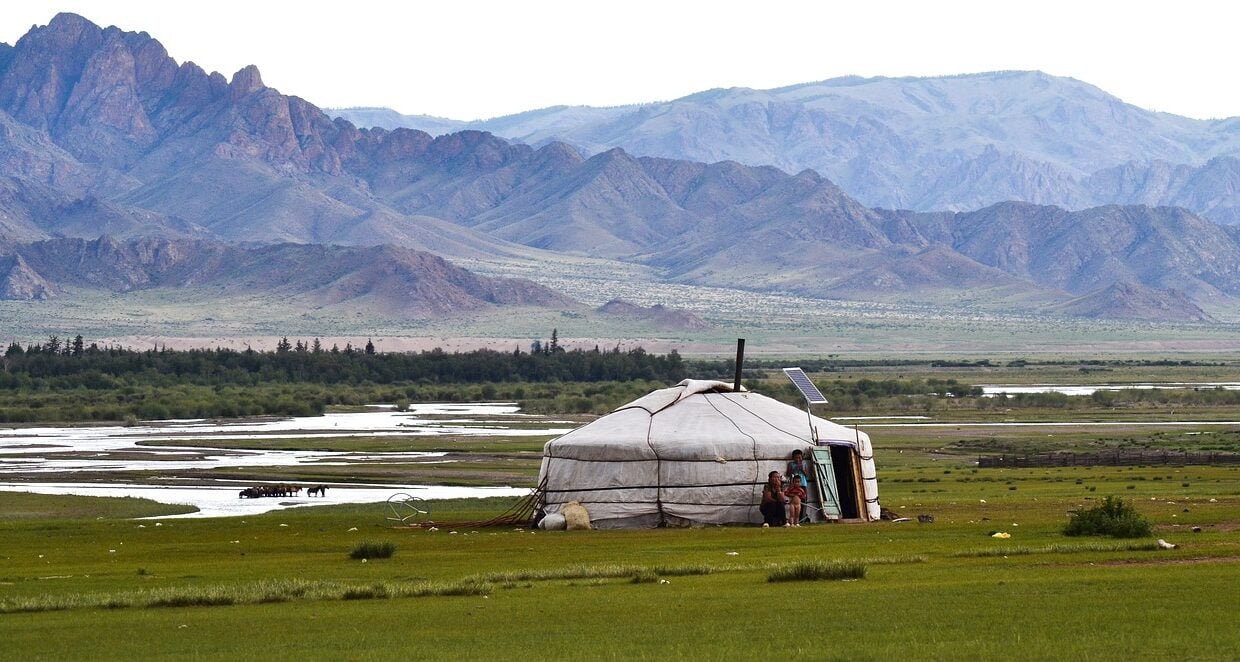
NIKU to Mongolia: How do Empires arise from small-scale herding groups?
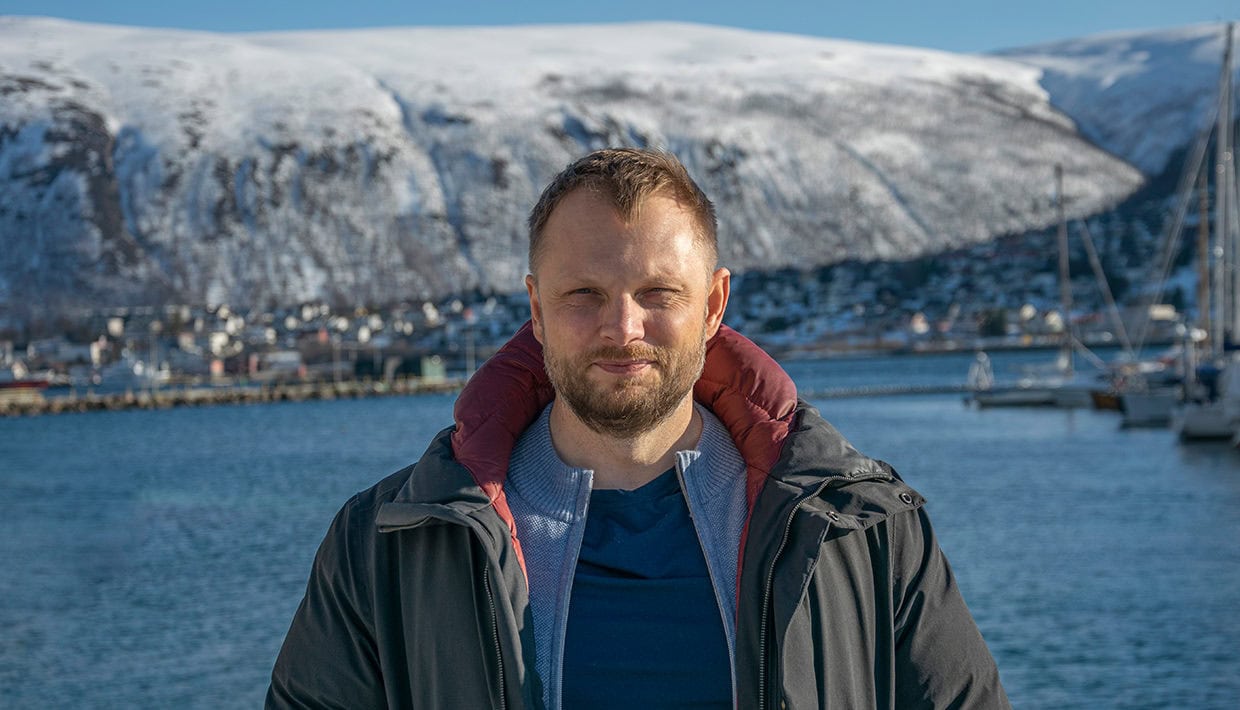
ERC funding for NIKU project on nomadic pastoral cooperation
Marius Warg Næss from NIKU’s High North Departement at The Fram Centre has received funding from the European research council as one of nine Norwegian researchers. The next five years, he will study how political complexity can evolve from small-scale cooperative groups in nomadic pastoral societies.
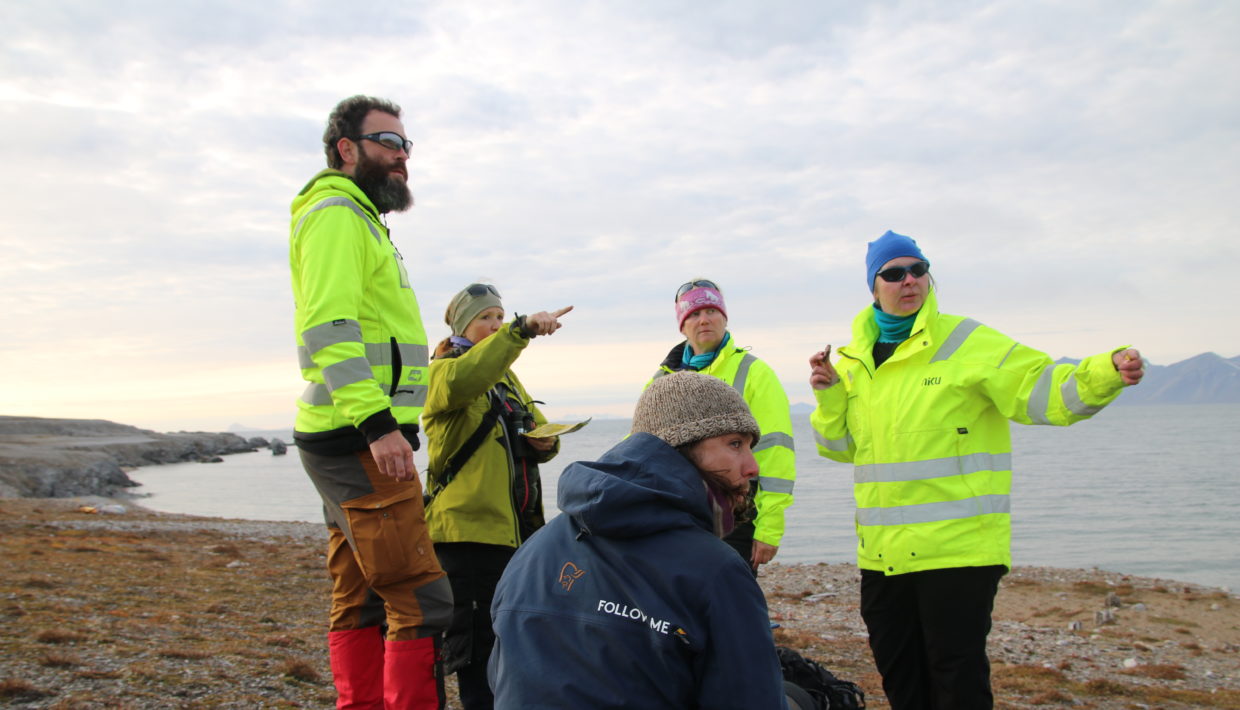
New CULTCOAST article
Coastal Erosion Affecting Cultural Heritage in Svalbard. A Case Study in Hiorthhamn (Adventfjorden)—An Abandoned Mining Settlement
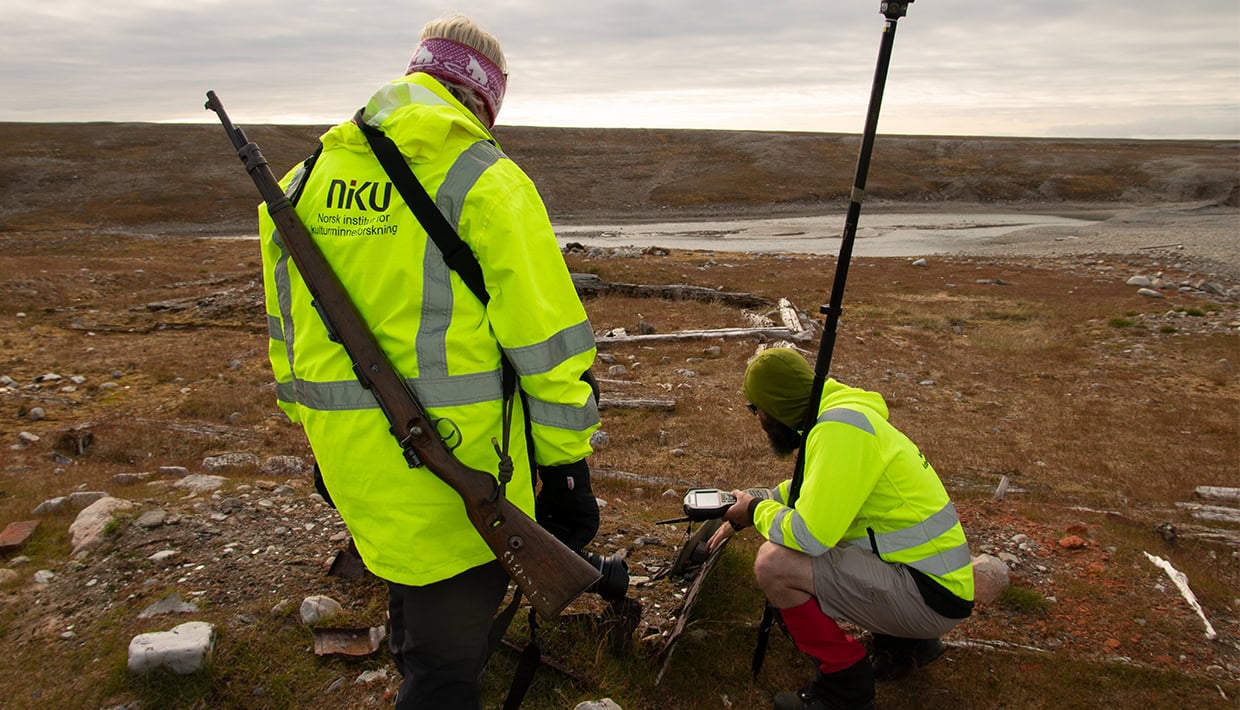
How Cultural Heritage is threatened by nature and tourists in the Arctic
A group of scientists recently returned from Svalbard after investigating how to monitor, manage and preserve Cultural Heritage in the Arctic.
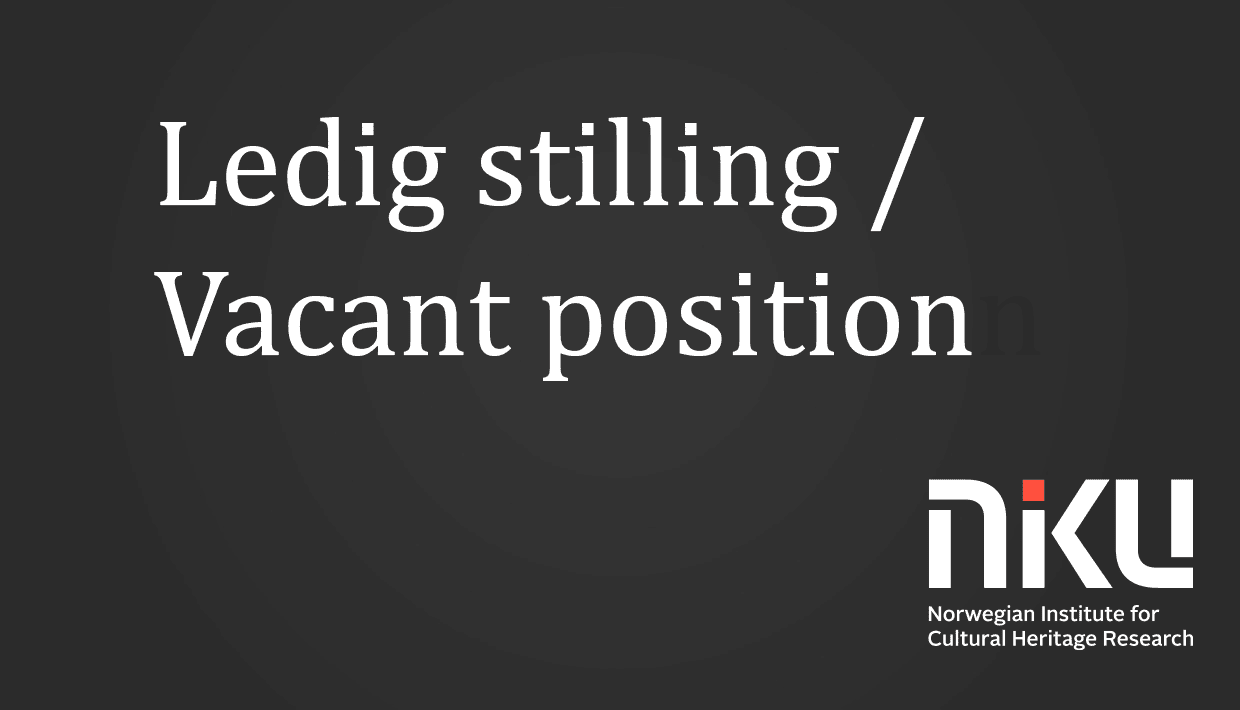
Researcher for NIKU’s High North Department
The Norwegian Institute for Cultural Heritage Research is looking for one researcher for our High North Department in Tromsø.
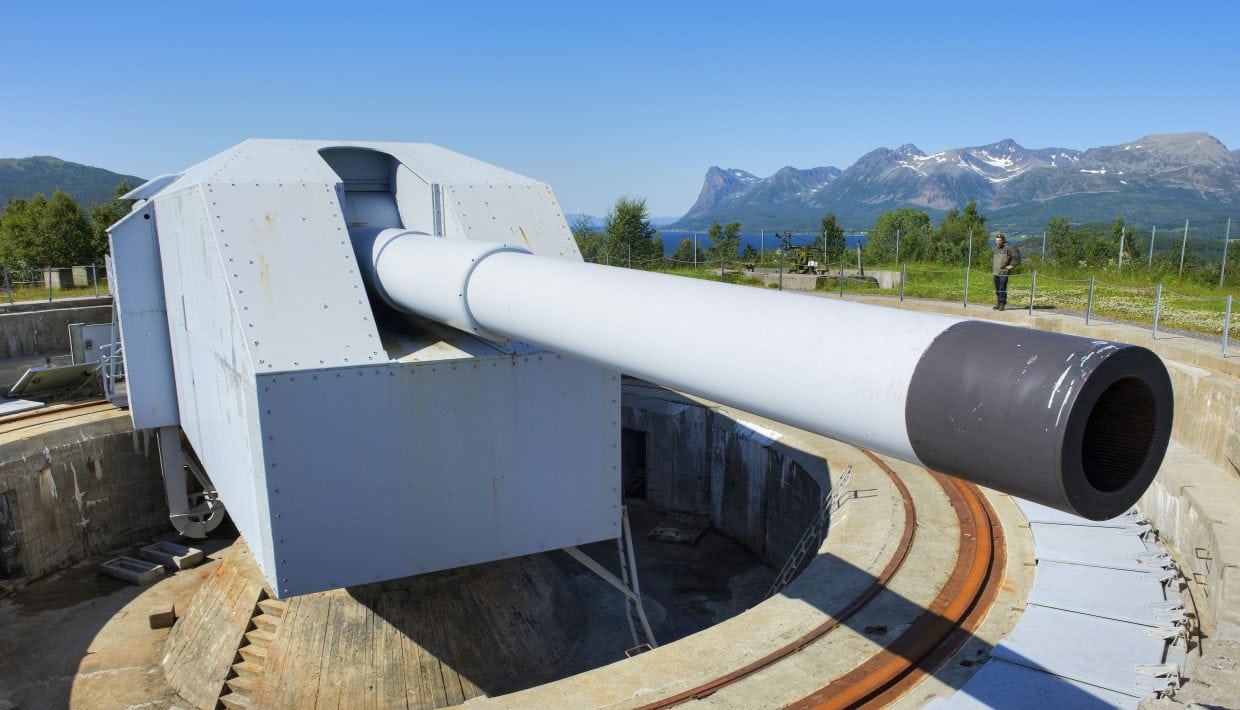
WWII heritage in Arctic Europe
The Norwegian Institute for Cultural Research (NIKU) is working on a research programme on World War II heritage, with a special focus on the northern and Arctic areas.
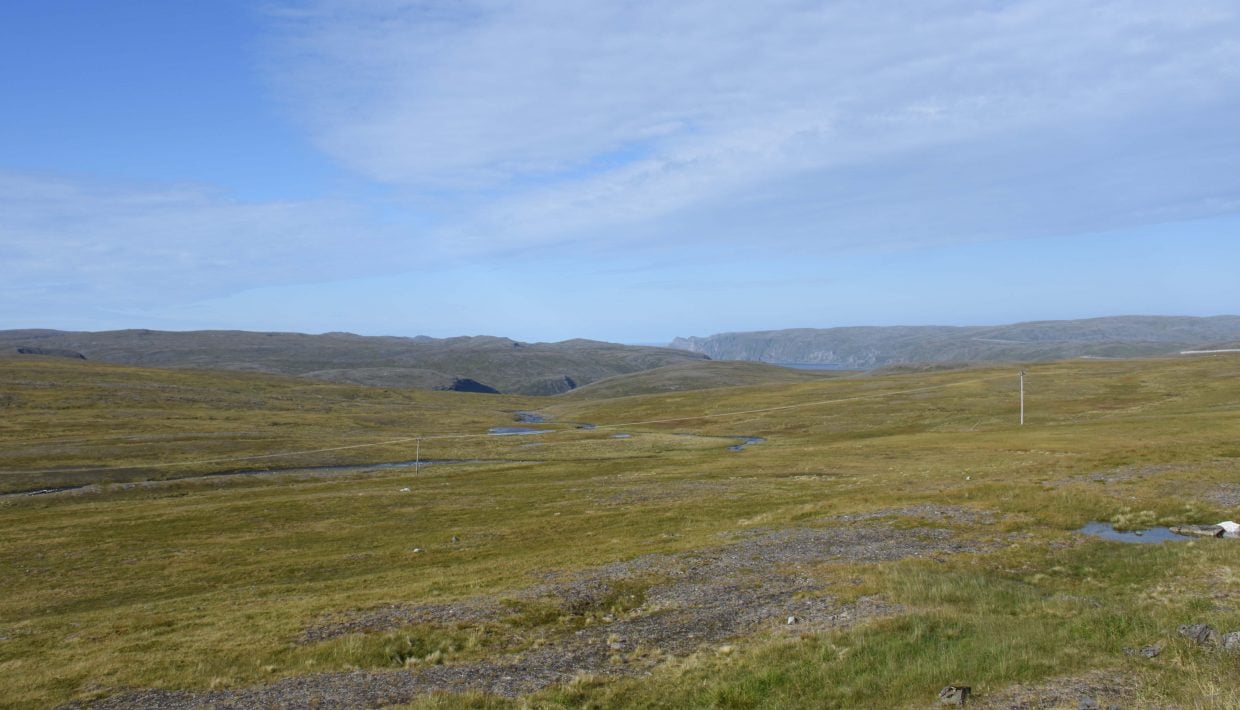
New article: The narrow gap between norms and cooperative behaviour in a reindeer herding community
In an new article the authors argue that perceived norms potentially allow social networks promoting cooperation to emerge and be maintained in a Saami reindeer community.


